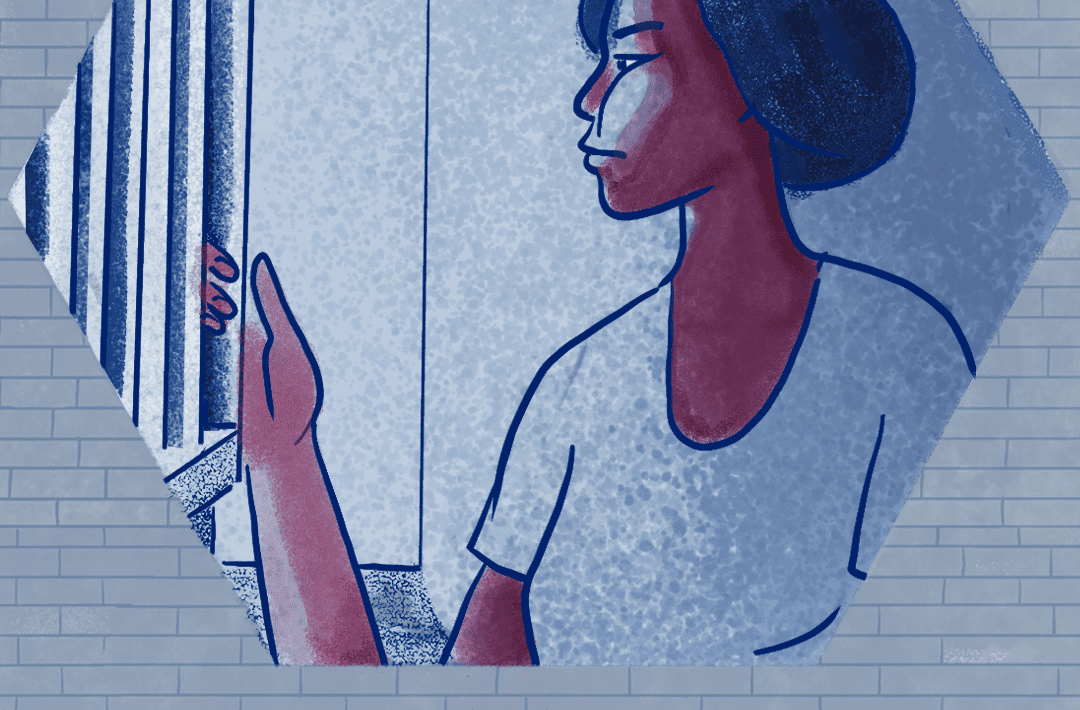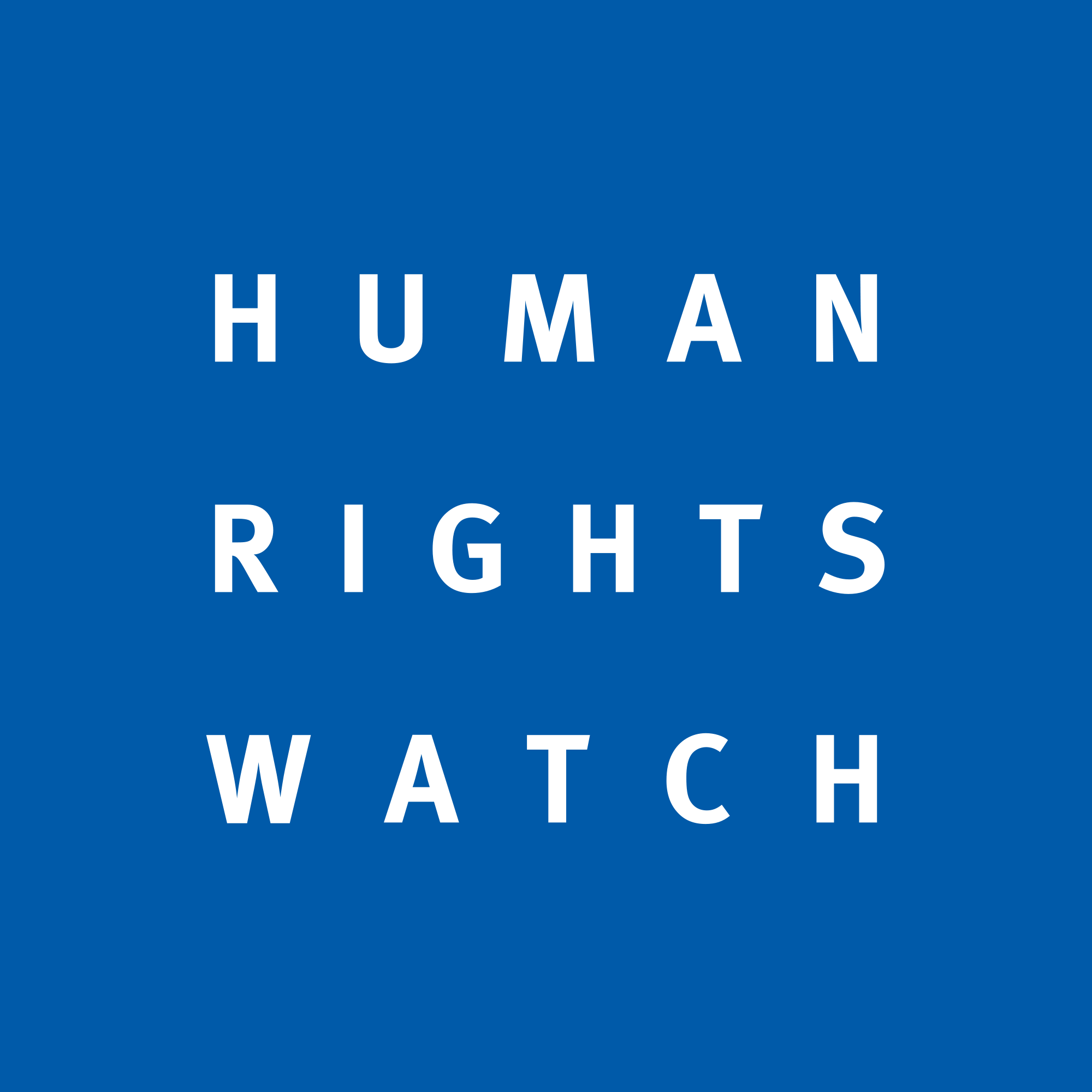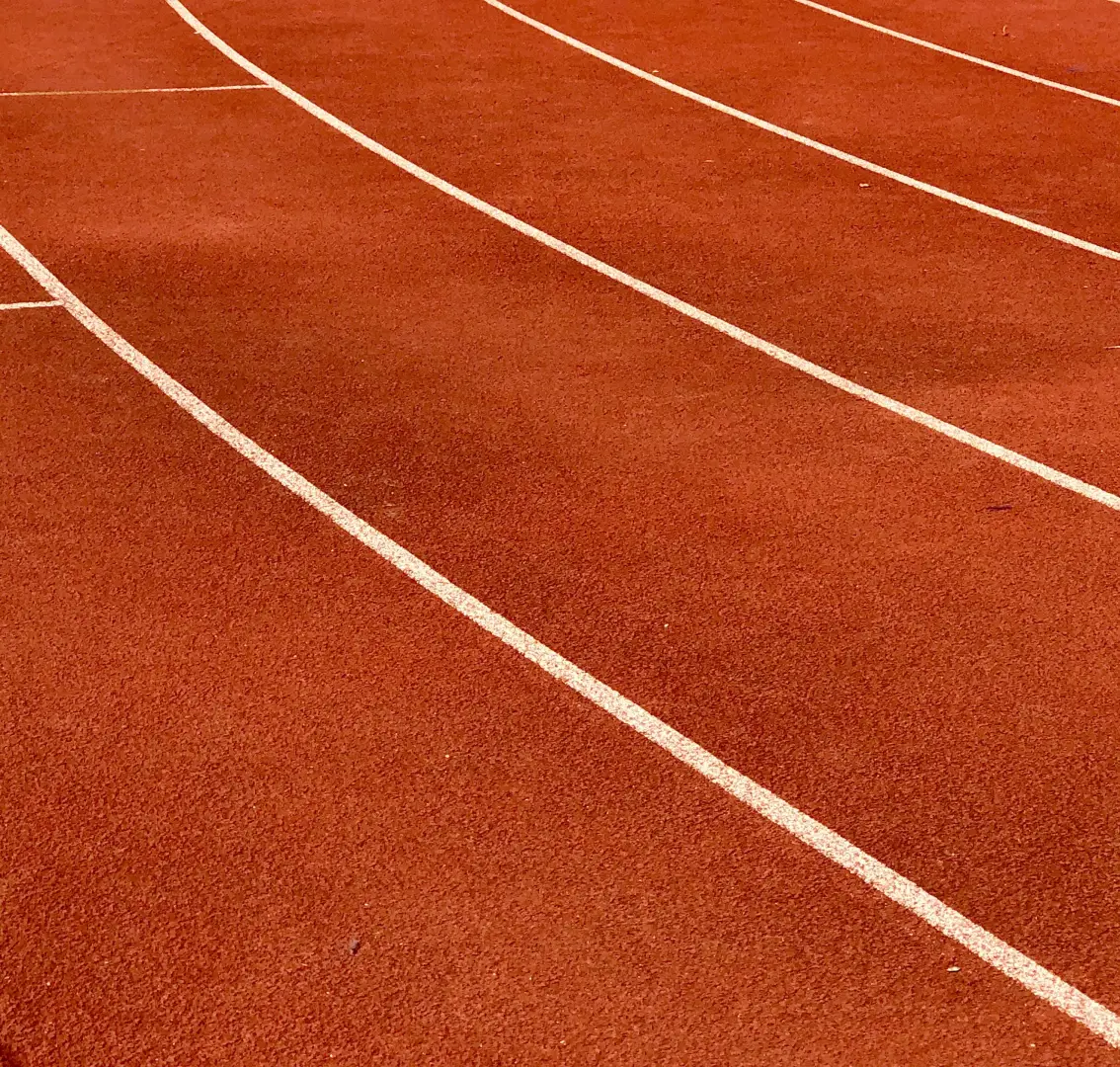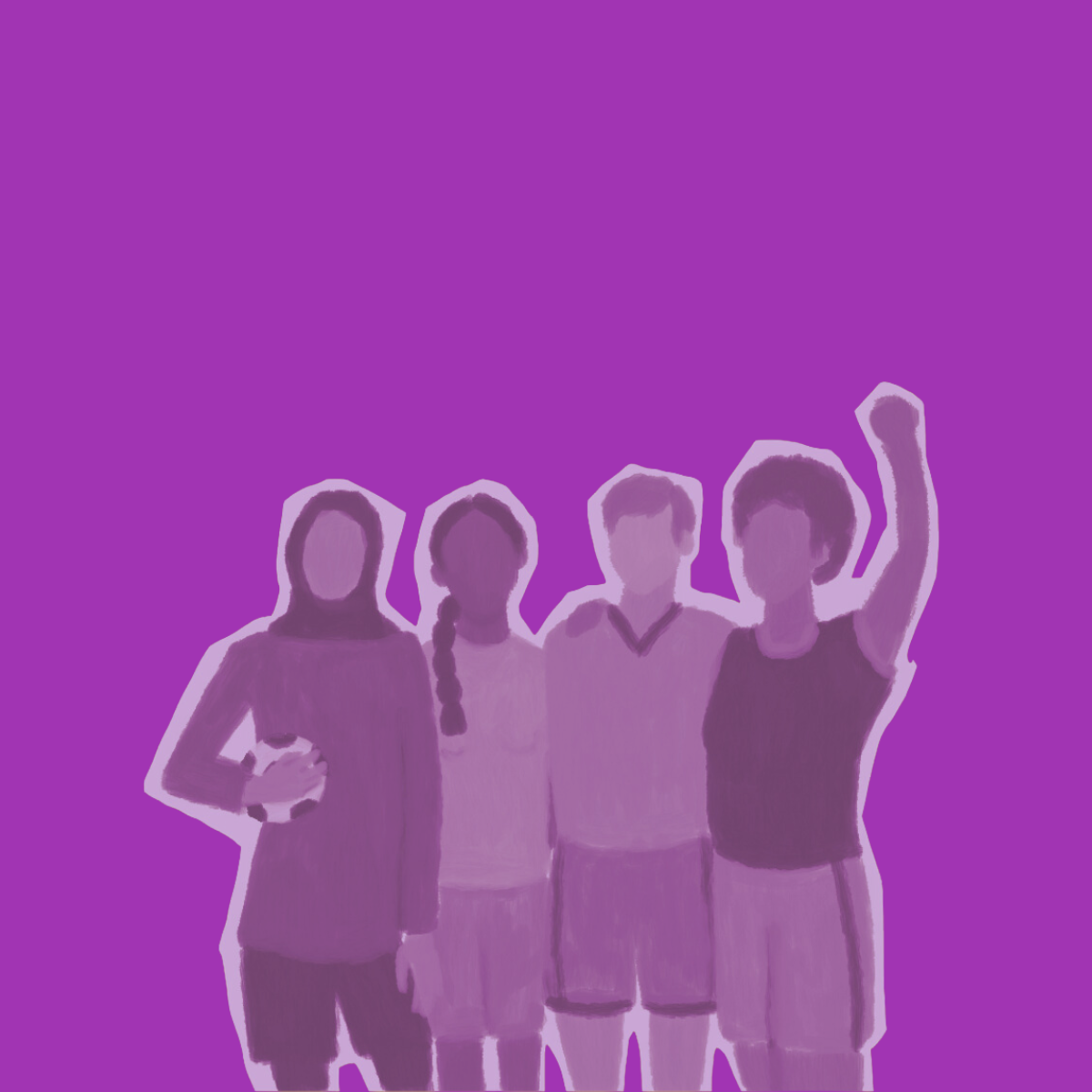The Olympic Winter Games take place in Beijing, China from February 4-20, 2022. Journalists covering the event are likely to face a range of challenges from coronavirus restrictions to digital surveillance.
The Committee to Protect Journalists has expressed concern about the ability of the press to work freely during the event. China has been the world’s worst jailer of journalists for three years running. Domestic journalists in mainland China face increasing censorship and control while the international media are operating in a hostile environment; the Foreign Correspondents Club of China (FCCC) noted that the international media have been unable to attend press conferences and cover Games preparation, such as the arrival of the Olympic torch, for reasons including a requirement to submit COVID-19 test results within an impossible time frame. In March 2021, the FCCC said 20 international journalists had been expelled in the preceding year, while reporters are frequently followed and interviewees scared to engage. In the past, CPJ documented foreign journalists facing harassment and threats in the lead up to the 2008 Olympics.
Report journalist safety incidents or press freedom violations during the Games via the International Olympic Committee’s Integrity and Compliance Hotline. Journalists can file reports online and remain anonymous. Email emergencies@cpj.org to report incidents to CPJ.
Zero COVID-19 policy
China is enforcing strict anti-COVID-19 measures across the country. As of January 11, Chinese officials had reported outbreaks of the omicron variant of the virus and locked down some cities to try and contain it, though the closed loop was unaffected. The situation is fluid, so monitor news reports before departure.
The Winter Games will take place within a “closed loop” or bubble that has already been put into place. The International Olympic Committee (IOC) has published a playbook for broadcasters and the press with the following guidance:
- Travel to Beijing will only be possible if you have valid Games accreditation or a visa supported by a Beijing 2022 invitation letter. You must have all the necessary pre-departure testing conducted by a Chinese Embassy-approved provider. If you have previously contracted COVID-19, you need to complete an additional vetting process at least eight days before departure.
- You are advised to download the My 2022 smartphone app at least 14 days before traveling to China. (See digital security information below).
- Anyone entering the bubble must be fully vaccinated or face a 21-day quarantine. You are not allowed to leave the closed loop. Everyone will be tested daily and must wear face masks at all times.
- Visitors can only use dedicated Games transportation to enter or move within the closed loop, as well as to exit, which is permitted only to leave the country.
- As part of your organization’s registration, you will be assigned a COVID-19 Liaison Officer. They are your point of contact for information or if you contract COVID-19 at any stage of travel or within the bubble.
- If you are confirmed to have a positive test for COVID-19, you will not be able to participate further. If symptomatic, you will be isolated at a designated hospital. If asymptomatic, you will be placed in an isolation facility.
Digital security
China and the IOC have promised a free and open internet inside the closed loop, but restrictions are possible in practice. The internet in China is strictly controlled by the government, meaning that services and websites are frequently blocked. People use virtual private networks to bypass censorship though China has technically banned unlicensed VPNs.
If you are travelling to Beijing, assume your devices and online activity will be monitored. The more you can do in advance of travel to prepare your accounts and devices, the safer your data will be.
Top digital security tips for journalists at the Beijing Olympics
- Leave your devices home. Wipe an old phone and laptop or purchase new ones for the trip.
- In case of restrictions, ask journalists in China which apps and VPNs work for them.
- Create a new work email specifically for the trip.
- Assume your hotel room is under surveillance.
- Keep your devices with you and avoid leaving them unattended.
- Wipe all devices on your return.
Risk assessment
- Conduct a risk assessment before travel; use CPJ’s template if you need one.
- Staff journalists should ask newsroom IT support or security teams for organizational digital safety guidance.
Prepare your devices
Phones and laptops could be contaminated with malware while in China, and you should leave both personal and work devices at home. Use an old phone and laptop or buy new devices for the assignment.
- Prepare your devices for airport security and border crossings following guidance in CPJ’s Digital Safety Kit.
- Wipe old devices before you travel. (Back up anything you might need first.)
- Delete all inessential apps and services.
- Install or update essential apps and services immediately before travel to make sure you have the latest software.
- Check your phone and mobile internet service will work in China.
Data and accounts
Your online accounts hold a lot of information about you – including your work, your sources, and your family – so plan to use as few as possible on your trip.
- Understand that all data stored in online services – public and private – could be vulnerable should you log into an account while in China.
- Limit which social media and messaging platforms you will use to those that are essential for contacting work or family. Consider having a backup way to reach people in case one does not work in practice.
- Ask journalists already in China to recommend a functioning VPN and try to find a few options in case you encounter internet restrictions. Note that accessing an unlicensed VPN could be used against you if officials are looking for an excuse to penalize you.
- Avoid installing the Chinese app WeChat on your devices, since it is likely to collect a lot of data, including messages and calls.
- Review accounts on the services you have chosen and remove any content that you would not want others to see, such as contact details for sensitive sources, or personal photos and messages.
- Create a new work email account specifically for China and use it for the duration of your trip. Avoid logging into your regular work services like email completely in case the content is exposed, and prepare colleagues and away messages accordingly.
- Secure your accounts following guidance in CPJ’s Digital Safety Kit.
- Review what information is available about you via your online profiles and remove anything that you are uncomfortable having in the public domain. (See CPJ’s guide to removing personal data from the internet.)
- Chinese officials may monitor social media and take offense at comments or activities that could be construed as being critical of China.
COVID-19 App and QR codes
All journalists accredited to cover the Beijing Winter Olympics are required to download the My 2022 app to monitor health, and to register online for two QR codes. The IOC playbook notes that you will need to log into the Beijing 2022 Health Monitoring System and start inputting the required information 14 days prior to travel. The playbook details how to install and set up the app (page 62); data collected by the app (page 66); and how to log into and use the QR codes (pages 64-65).
- Only install the app on the device you have selected specifically for your China trip; keep it off your personal or work phone.
- Once the app is installed, avoid using the device or carrying it with you until you are ready to leave.
- Experts at Citizen Lab reported security flaws with the app, saying it fails to protect sensitive information such as health and passport information.
While in China
- Keep your devices on your person and avoid leaving them unattended.
- Assume that everything you do online will be monitored.
- Any call made using a hotel landline or cell phone is not encrypted and can be intercepted.
- Be aware that you may not have Wi-Fi in your hotel room.
- Any conversation you have in your hotel room may be subject to eavesdropping.
- Internet access will be provided if you have to isolate because of COVID-19, according to the IOC playbook.
On your return
- Staff journalists should debrief with IT or security colleagues and follow their guidance.
- Remove SIM cards from phones.
- Wipe or factory reset all phones and computers. This is not guaranteed to erase all malware, so stop using them altogether if you can.
- Change passwords on all accounts you accessed from China.
- Monitor accounts and devices for any activity that is out of the ordinary and consult an IT professional if you have concerns.
[Editor’s note: The introduction has been updated with contact information for reporting incidents, and the COVID-19 App section updated to reflect security flaws publicized by Citizen Lab on January 18.]







